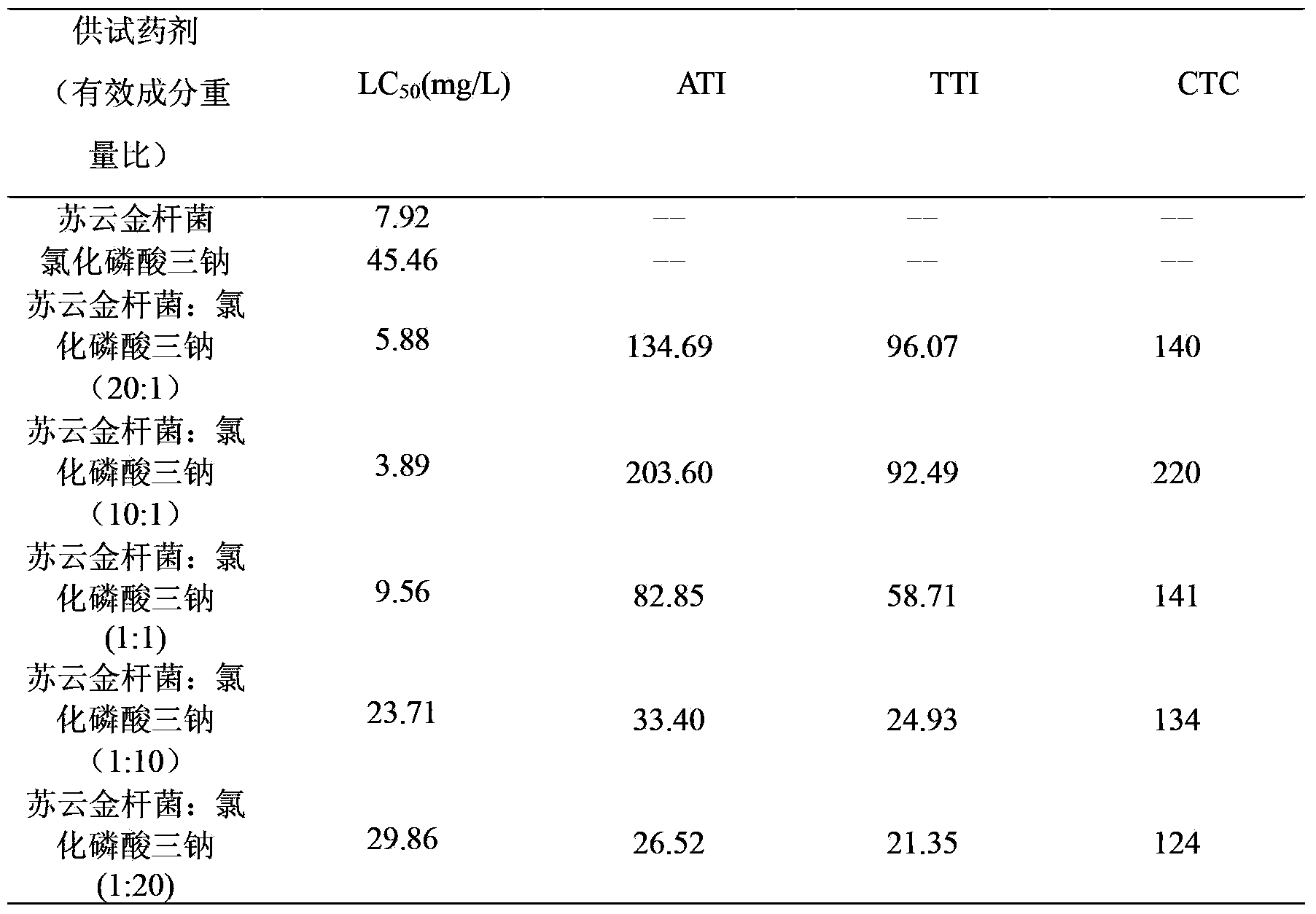Environment-friendly insecticide for killing wax-moth larvae and eggs thereof
An insecticide and environmental protection technology, applied in the field of environmental protection insecticides, can solve the problems of no killing effect on nest eggs, long drug control time, and inability to kill eggs, so as to save drug costs, shorten control time, and reduce effect of drug dosage
- Summary
- Abstract
- Description
- Claims
- Application Information
AI Technical Summary
Problems solved by technology
Method used
Image
Examples
Embodiment 1
[0021] The old honeycomb was melted at 70°C for 30 minutes, and then crushed after cooling and solidifying with a fineness of 60 mesh. Sodium (gifted by Shifang Tailai Chemical Co., Ltd.) and glycerin (purchased from Beijing Chemical Reagent Co., Ltd.) were weighed at 80%, 9%, 3% and 8% by weight, and stirred evenly, and then weighed 20g of the above Insecticides are packed into gauze bags for subsequent use, and the bags are flat and rectangular, with a size of 15cm×20cm.
Embodiment 2
[0023] Collect the ovum flakes produced by the brood moth female moth on the paper on the same day, and count them under a stereoscopic dissecting microscope, put the paper flakes with about 200 ovums tightly stuck in the gauze bag of Example 1, and mix them upside down for a few minutes. The insecticide was fully contacted with the eggs for the first time, and then the paper with the eggs was taken out of the cloth bag and placed in a transparent plastic box containing conventional broodworm feed to detect the subsequent hatching of the eggs into broodworms. Set up 4 groups Repeat, the blank control group is the eggs after full contact with the mixture composed of the corresponding amount of glycerin and old honeycomb debris, 30 ℃, humidity 70%-80%, culture in dark, record the number of live insects after one week of treatment, and get It is known that the egg hatching rate corresponding to the environmental protection insecticide is 10%-20% of the blank control group, and the...
Embodiment 3
[0025] The gauze bag of Example 1 was placed in a transparent plastic box, and then 60 3-day-old broodworms were inserted, and 4 groups of repetitions were set. The blank control group and the culture conditions were the same as in Example 2, and the number of live worms was recorded after one week of treatment. Calculating the mortality rate, it is known through statistics that the broodworm mortality rate corresponding to this environmental protection insecticide is 98%-100%.
PUM
 Login to View More
Login to View More Abstract
Description
Claims
Application Information
 Login to View More
Login to View More - R&D
- Intellectual Property
- Life Sciences
- Materials
- Tech Scout
- Unparalleled Data Quality
- Higher Quality Content
- 60% Fewer Hallucinations
Browse by: Latest US Patents, China's latest patents, Technical Efficacy Thesaurus, Application Domain, Technology Topic, Popular Technical Reports.
© 2025 PatSnap. All rights reserved.Legal|Privacy policy|Modern Slavery Act Transparency Statement|Sitemap|About US| Contact US: help@patsnap.com

